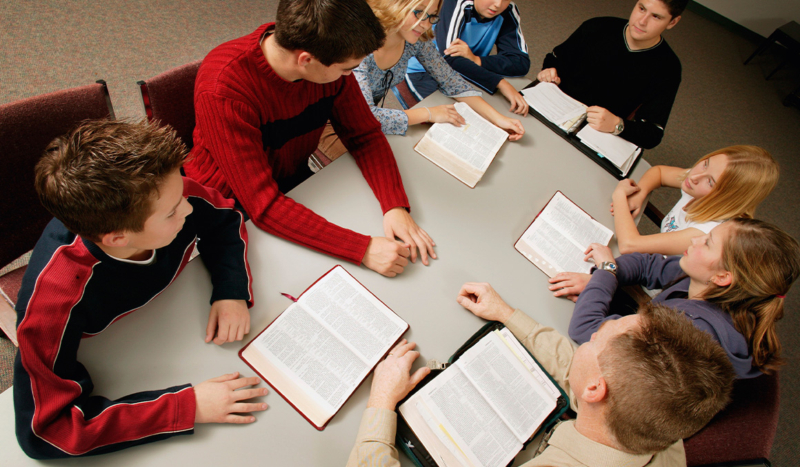
Adobe Stock
CV NEWS FEED // Waterville Central School District in New York is under legal scrutiny after denying eighth grader Elijah Nelson’s request to form an official Bible club.
Represented by First Liberty Institute (FLI) and attorneys from Jones Day, Nelson is challenging Waterville Jr./Sr. High School’s decision, which he argues violates his civil rights and First Amendment freedoms. The district claimed that recognizing a religious club would unconstitutionally endorse religion, FLI reported in a press release.
In a letter FLI sent to officials at the Waterville Central School District in New York on behalf of Nelson, the law firm noted that he had met all school requirements for forming an extracurricular club. Nelson’s proposal, which he submitted in January, outlined the club’s mission to study the Bible for character development, mental health, critical thinking, group collaboration, and reading comprehension.
The club was open to all students, met during non-instructional time, and planned to invite guest speakers, much like other approved school clubs. Despite meeting these criteria, the school denied official recognition, citing legal advice that associating with religion was impermissible.
In their letter to the district, Nelson’s legal counsel argued that the school’s decision is both legally flawed and discriminatory.
“Respect for religious expression is indispensable to life in a free and diverse Republic, including in public schools,” the letter states, referencing the U.S. Supreme Court’s decision in Kennedy v. Bremerton School District in 2022.
The letter asserted that the school’s refusal to recognize the club based on its religious nature violates the Equal Access Act and the First Amendment.
The Equal Access Act prohibits federally funded public secondary schools from denying equal access to religious clubs if they allow extracurricular student groups. The school, which supports at least 22 extracurricular clubs, meets this criterion.
“The Bible club must be treated neutrally and given access to speak about the same topics as are other groups,” the letter declares, citing the Supreme Court’s decision in Board of Education of Westside Community Schools v. Mergens in 1990.
The legal team also accused the district of engaging in unconstitutional discrimination against religious viewpoints. They argued that the Supreme Court has consistently held that the Establishment Clause does not allow the government to exclude religious groups from neutral programs or benefits available to non-religious groups.
The letter pointed out that the school’s claim of avoiding endorsement is “anachronistic and misplaced,” as modern jurisprudence has abandoned the endorsement test in favor of neutrality. “The Establishment Clause never requires — and never allows — the government to discriminate against religious persons and organizations when granting benefits,” the attorneys argued, referencing the 2022 decision in Carson v. Makin.
FLI also argued the district violated Nelson’s First Amendment rights to free speech and free exercise of religion. The letter states that by refusing to officially recognize the Bible club, the school discriminated against a religious viewpoint while supporting other clubs addressing similar issues, such as identity, character development, and cultural awareness. Furthermore, the school’s rejection constitutes “status-based discrimination” against religious identity, which is presumptively unconstitutional under Trinity Lutheran Church of Columbia v. Comer, which was decided in 2017.
The attorneys urged the school to reverse its decision, warning that failure to comply with federal law and constitutional protections could result in litigation. They also noted that Nelson’s club is entitled to the same benefits as other extracurricular clubs, including funding, faculty sponsorship, and access to school resources.
“The school’s actions are unconstitutional, and its justification is legally flawed,” FLI Senior Counsel Keisha Russell said in the press release. “The Supreme Court has made clear that the Free Exercise Clause protects religious practices by both students and employees in public school settings.” The legal team emphasized that recognizing the Bible club is not only lawful but also necessary to respect the rights of students in a diverse and free society.

